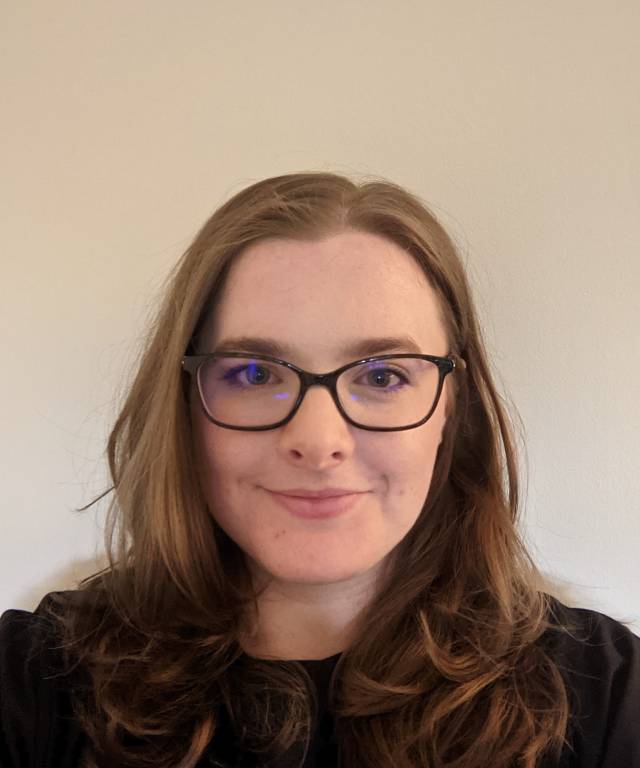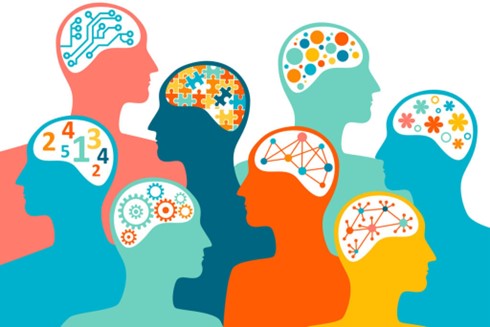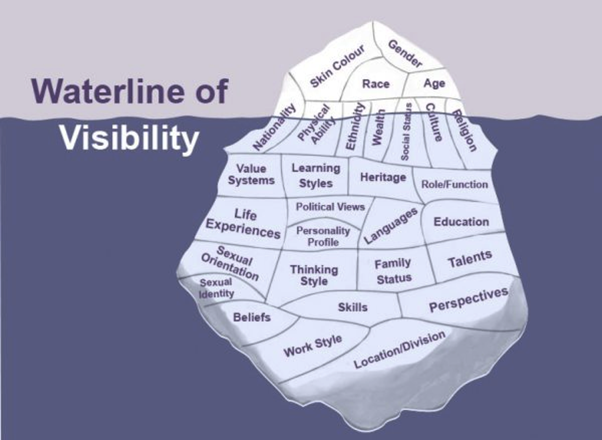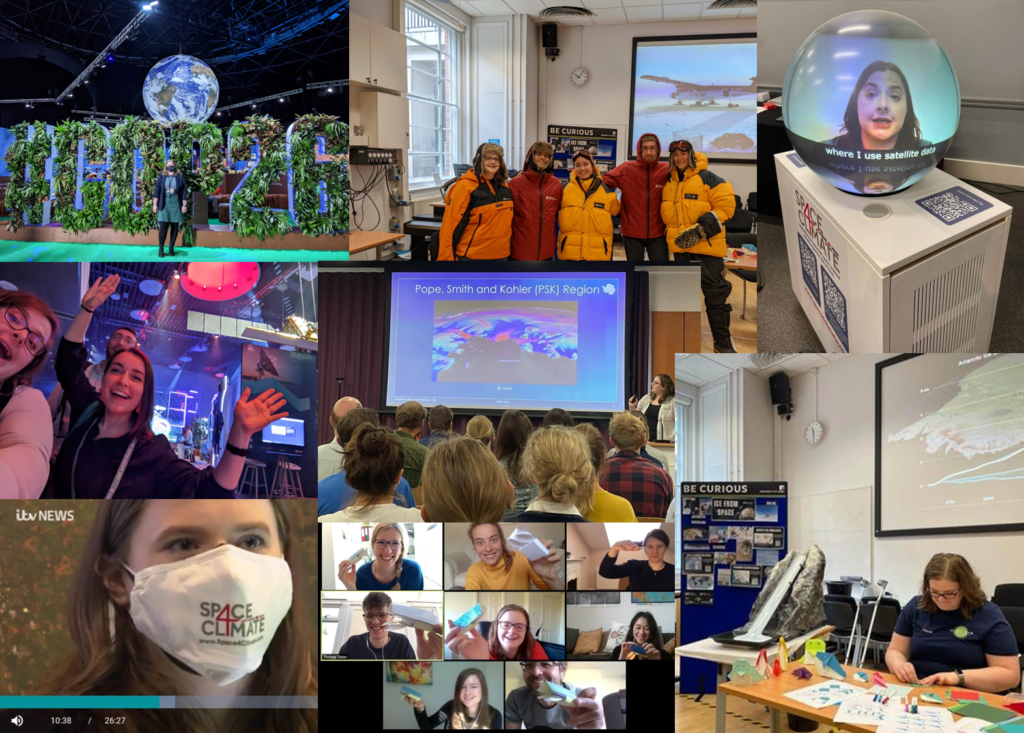By Heather Selley
Hi, I’m Heather I’m working towards my PhD, and I’m disabled.

How did that make you feel about me? As International Day of Disabled Persons is coming up (3rd December), I wanted to share some of my personal experiences being a disabled PhD student and some things I hope will be useful to think about if you’re considering a PhD (whether you’re disabled or not), if you’re an academic or work with PhD students.
A few years ago, I would be terrified to state to friends I’m disabled, let alone put it on the internet. I’ve had people in my life laugh when I say I’m disabled as they thought I was joking – I wasn’t. I just have the mythical creatures of invisible disabilities. I’m dyslexic, making me neurodivergent. I was diagnosed in the first year of undergrad, but I had gone my whole life without confirmation and just suspicions. For a long time, I didn’t think my dyslexia affected me ‘enough’ to be called disabled. I used to write in the box on application forms for accessibility adjustments ‘I’m dyslexic but don’t need any adjustments and wear it like a badge of honour. It took developing chronic illnesses, in addition, to realise “oh yeah, I’m disabled”. There was a gigantic amount of internal ableism I had ingrained in everything I thought about myself.

Side note, chronic illnesses really are ridiculously effective for teaching you how to prioritise your work and time, which is a highly desired skill. Having said that, this is your reminder that your worth isn’t defined by your productivity – you have immense value innately as you are. You also don’t have to have multiple disabilities or, in my opinion, a full diagnosis to be ‘disabled enough’ to be part of the disability community.
I didn’t think I would be able to get onto a PhD programme as I was so concerned at the application stage that people would view my dyslexia as a disadvantage because often it is not associated with being very ‘academic’. I felt the need to go above and beyond to show I was good enough, even once accepted onto my PhD programme which is a recipe for burnout. Not all identities and diversities are visible. Just because you don’t see someone like you doing a PhD doesn’t mean you wouldn’t be excellent at one.

My PhD uses satellite data to look at changes in ice speed in Antarctica – which requires good pattern recognition, and you know who has great pattern recognition skills? That’s right, many dyslexics – including myself. Other characteristics are being creative and artistic – and you know what that helps with? Making maps, animations, and outreach materials. Also, my brain you could say doesn’t take route A – so often I’m quite good at communicating complex issues as I have thought through so many ways to explain it – you know what a great analogy for picturing how a valley glacier flows? Pouring custard onto a pudding. I realise all this may sound like I’m just telling you things I think I’m good at – but I hope you can see how my dyslexia has given me many strengths which means I am suited to my PhD. Whilst it would have been nice to realise this at an earlier stage of my PhD, and life really, at least now I can share my experiences and hopefully save a few PhD students and applicants some of the worry and stress.
PhDs are hard and I have not always had the easiest ride, but it took embracing my disabilities and working in my own way to find my place. It has opened a whole world of new opportunities and challenged me to learn more about myself than I could ever imagine. When I stopped constantly trying to prove I could be ‘normal’ and ‘keep up’ a new world opened. It led me to get involved with Equality, Diversity, and Inclusivity (EDI) work which I’m passionate about and has much improved my well-being and, as a side effect, my work. This is just my story and I recognise I carry a lot of privilege being a white woman with a strong support network, including a PhD supervisor who always had my back. Unfortunately, this may not be everyone’s experience. As we are in PhD recruitment season, I wanted to share some of my story. I know when I was applying for PhDs, I was so concerned about them wanting me and getting a project that I didn’t really put too much thought in about if it was a good fit for me – luckily it was – but it’s important you know what you’re committing several years of your life to. Next week I’ll be sharing some of the other things it might be worth considering if you’re planning to apply for a PhD.

Collage of Heather doing a variety of fun things during her PhD such as presenting at COP26, dressed up in Antarctic gear for outreach, her face projected on an interactive globe where she’s talking about satellite data, making origami satellites and being interviewed on the television.
Find out more about Heather’s EDI Champion work: https://eo-cdt.org/2900-2/
Find out more about some of Heather’s other work: https://environment.leeds.ac.uk/see/pgr/2267/heather-selley



